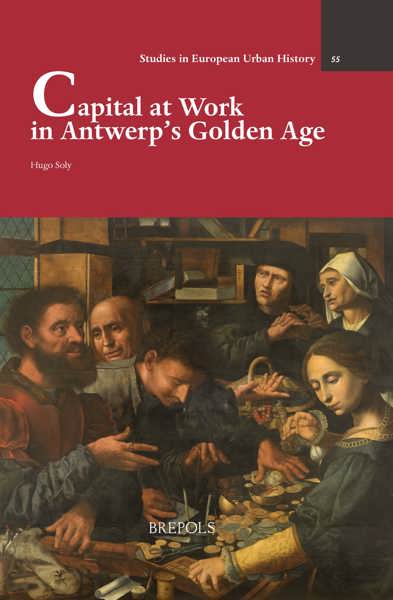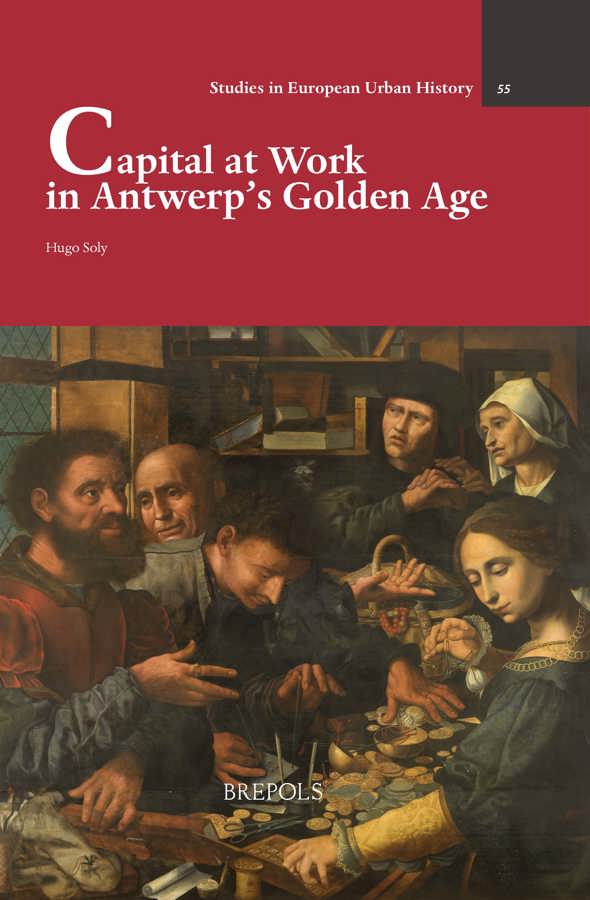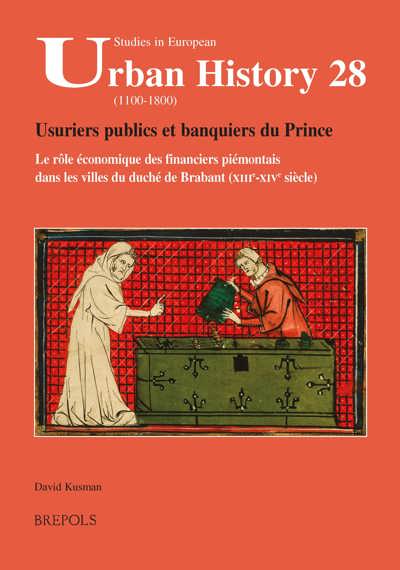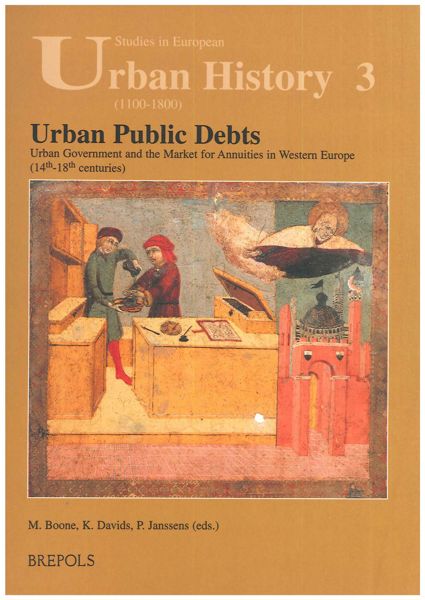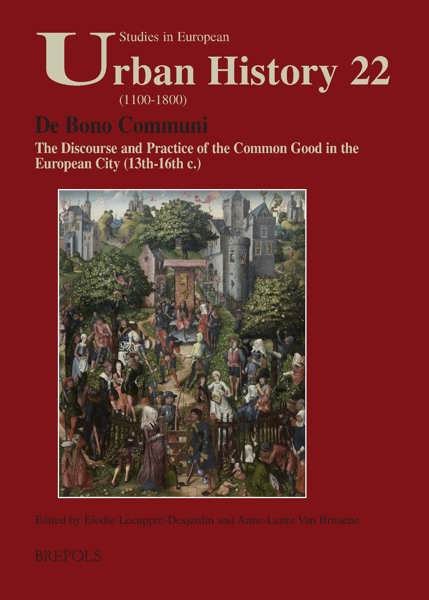
Capital at Work in Antwerp’s Golden Age
Hugo Soly
- Pages: 303 p.
- Size:178 x 254 mm
- Illustrations:3 b/w, 3 col., 8 tables b/w., 2 maps b/w
- Language(s):English
- Publication Year:2022
- € 91,00 EXCL. VAT RETAIL PRICE
- ISBN: 978-2-503-59563-4
- Hardback
- Available
- € 91,00 EXCL. VAT RETAIL PRICE
- ISBN: 978-2-503-59564-1
- E-book
- Available
Antwerp in the first half of the sixteenth century provides an ideal vantage point from which to observe ‘capital at work’ in close-up and in practical detail, with as central question: what were capitalists really up to, and how did they achieve their objectives?
“Die Diskussion über solche Fragen er[1]öffnet das Buch aber auf überzeugende Weise, indem es außergewöhnlich gut lesbar und anschaulich das Leben der wirtschaftlichen Elite in einer der wirtschaftlich wichtigsten Städte der Vormoderne schildert und damit deren komplexe Geschäfte verständlich werden lässt.” (Ulla Kypta, in Zeitschrift für Historische Forschung, 50, 2023, p. 361)
“(…) this book aims at much more than a coherent collection of three excellent case studies.” (Jan Lucassen, in The Low Countries Journal of Social and Economic History, 20/2, p. 202)
"Dit boek vormt de culminatie van de lange loopbaan van Hugo Soly maar is meer dan dat. Nieuw en baanbrekend zijn zijn inductieve methode en het actorperspectief op kapitalisme, dat automatisch voortvloeit uit het gebruik van de definitie van kapitaal als proces. Hiermee introduceert hij met succes de nieuwe geschiedenis van het kapitalisme op het Europese vasteland van de vroegmoderne tijd." (Rogier van Kooten, in Noordbrabants Historisch Jaarboek 2023, p. 192)
Hugo Soly is Professor Emeritus at Vrije Universiteit Brussel (Free University of Brussels) and Guest Professor at University of Antwerp.
Erasmus Schetz, Gaspar Ducci, and Gilbert van Schoonbeke. Contemporaries made it indisputably clear that these three moneymakers were exceptional, from different perspectives and for different reasons, but all commentators implicitly or explicitly referred to their unique economic achievements, and they were right to do so. The exceptional careers of the three protagonists shed light on the potential of the most dynamic economic centre of Europe – and the world – during early globalization. Precisely because their economic initiatives were far more ambitious than what other businessmen in Antwerp could or would consider or achieve, their careers are ideal vantage points for observing and analysing ‘capital at work’. They also provide an opportunity to examine how commercial capitalism changed and/or was transformed, and in what measure the three protagonists extended the frontiers of capitalism.
Part 1 Erasmus Schetz, ca. 1480-1550
1.1 How to Trade with Portugal
1.2 The Calamine Monopoly and Brass Production
1.3 Pepper and Sugar
1.4 Diversification and Focus
1.5 Finance as Investment and Speculation
1.6 Wealth and Prestige
Part 2 Gaspar Ducci, 1495-1577
2.1 Creative Banking
2.2 New Commercial Taxes and War-Time Monopolies
2.3 The Alum Monopoly
2.4 Networks and Financial Deals
2.5 ‘Among Such Wolves’
2.6 The Fall
Part 3 Gilbert van Schoonbeke, 1519-1556
3.1 How to Dominate the Real Estate Market
3.2 Creating a Port and a New District
3.3 Monopolizing the Greatest Public Works
3.4 The Beer Production Monopoly
3.5 An Anti-Monopoly Revolt
3.6 Supplying the Army
